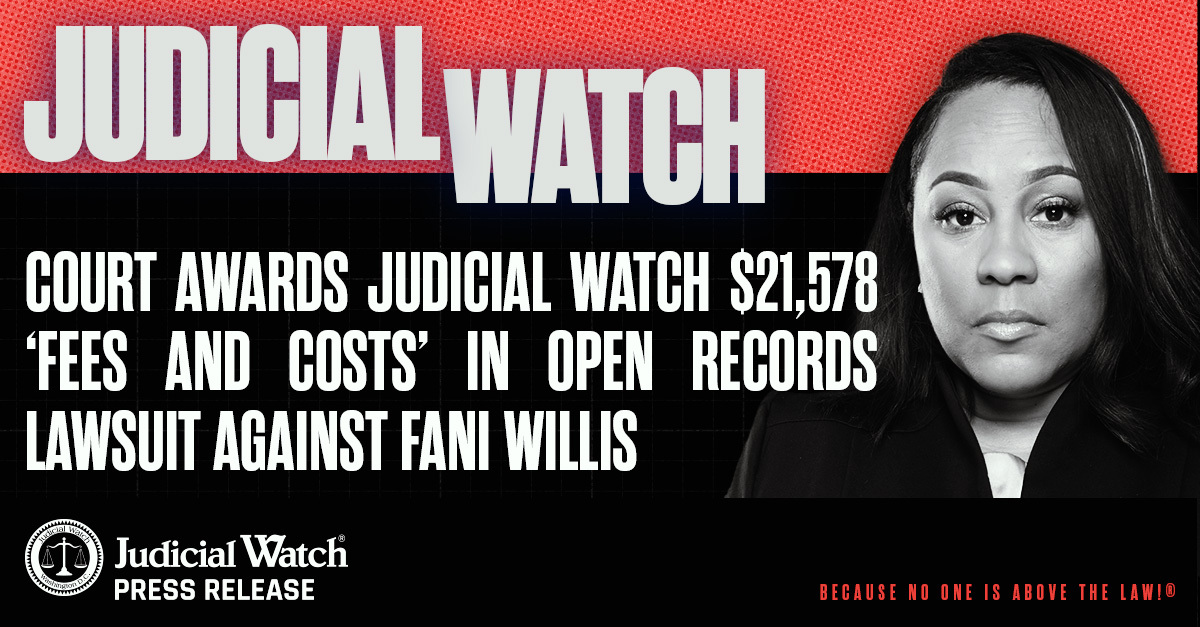

U.S. Program Protects Illegal Immigrants From Scams
In the Obama Administration’s latest effort to help illegal aliens, the federal agency created by Congress nearly a century ago to protect American consumers is cracking down on “immigrant service scams” that traditionally target individuals living in the U.S. illegally.
The first-of-its-kind program is a joint effort between the Federal Trade Commission (FTC) and the Department of Homeland Security (DHS). The goal is to protect the thousands of illegal aliens the government says are annually victimized by scams that promise to take care of their immigration documents.
Instead they steal immigrants’ money and their legal status never changes. So, the U.S. government has come to the rescue with an initiative, financed by taxpayers of course, to help the undocumented. The new campaign largely focuses on educating immigrants to avoid unlicensed service providers or websites that can appear to be operated by the government.
The FTC has launched a special multilingual website and database dedicated to the initiative. It includes a variety of Spanish resources offering help in a number of immigration related areas, including a list of attorneys compiled by the Department of Justice (DOJ). There are also public service announcements in Spanish and a special section to report scams against immigrants.
This week Homeland Security officials from U.S. Citizenship and Immigration Services (USCIS) promoted the program at a special presentation in New Jersey, according to a local news report. The Newark district director for USCIS indicated in the story that those who report fraud will not be deported and assured that the primary goal is to end the scams not deport people who help stop them.
Open borders groups insist on a more concrete guarantee that immigrants who report scams won’t get deported. The director of a New Jersey nonprofit, called Casa de Esperanza (House of Hope) points out that victims of other crimes have been arrested and deported after coming forward. “These people are scared out of their minds,” said the Casa de Esperanza’s director, who went on the challenge authorities by asking: “So how do we protect the whistleblowers?”















